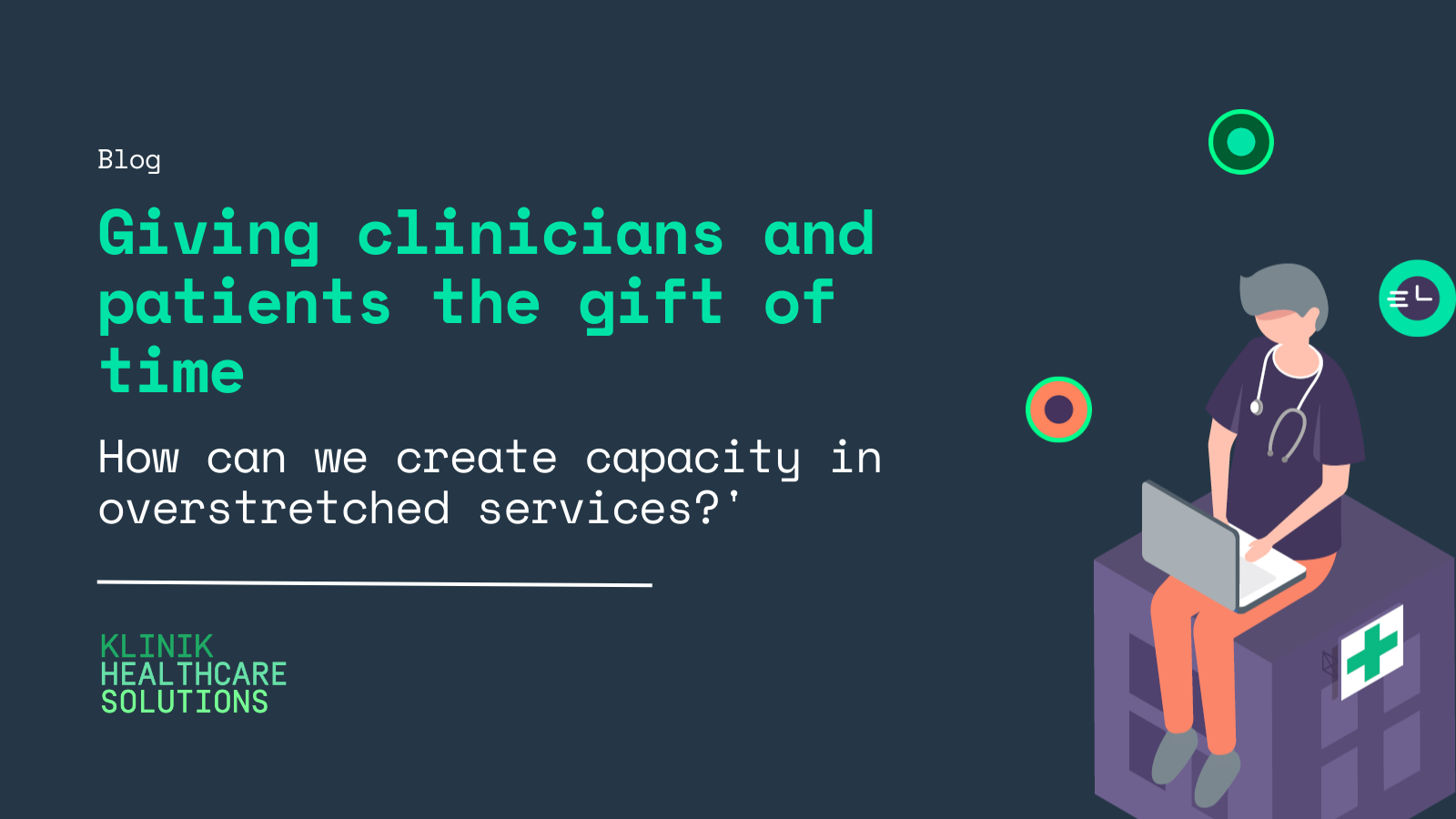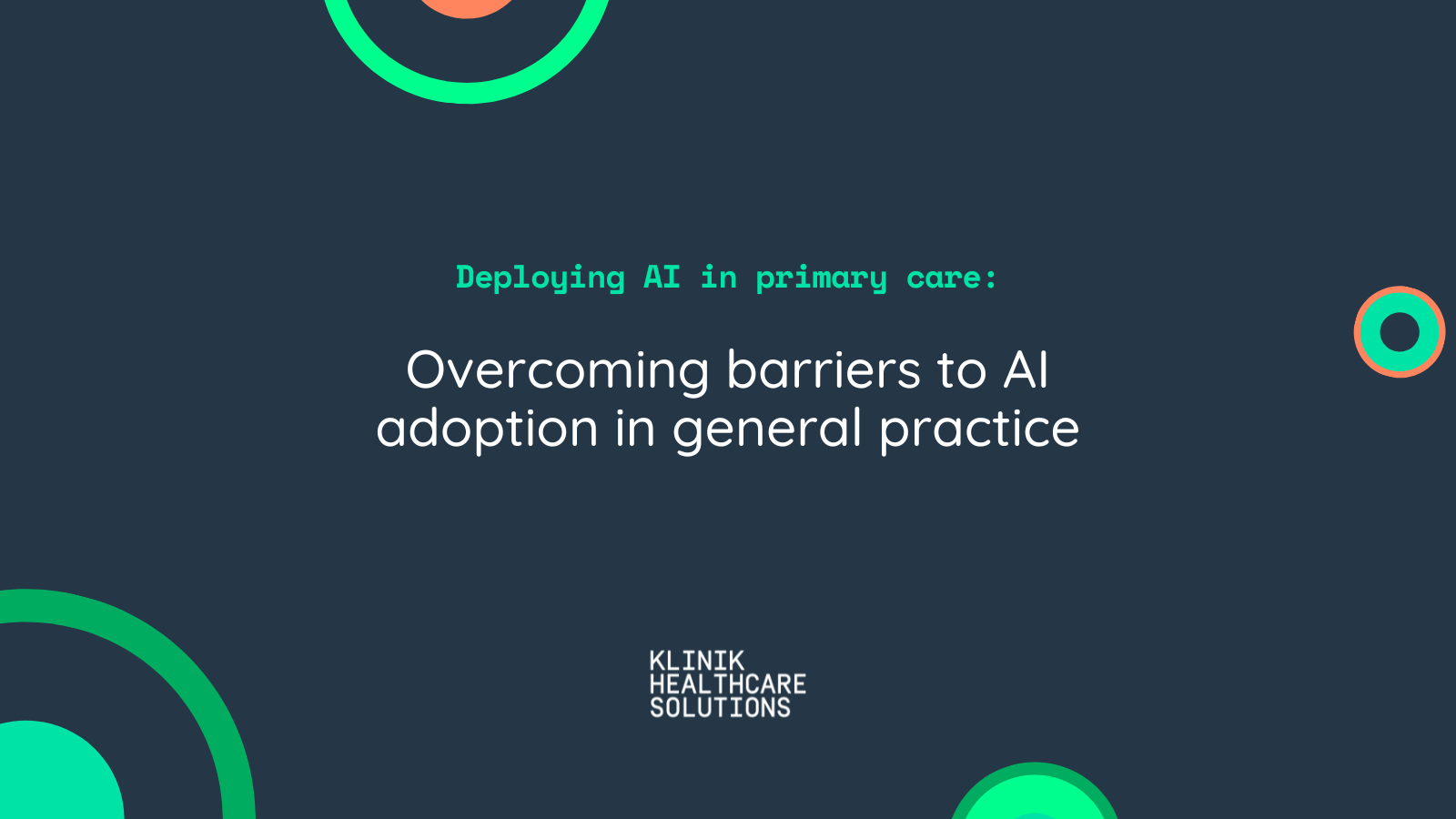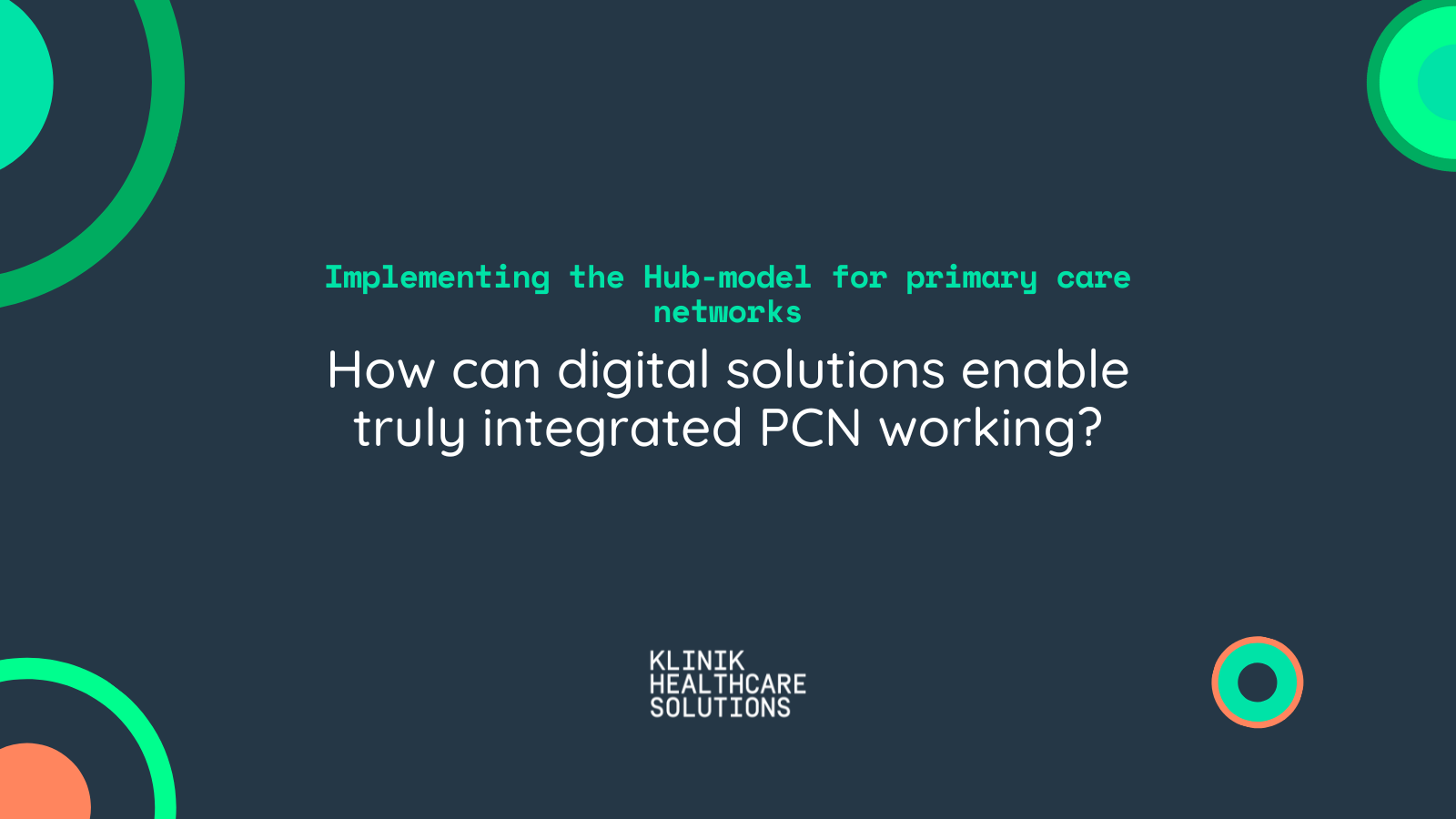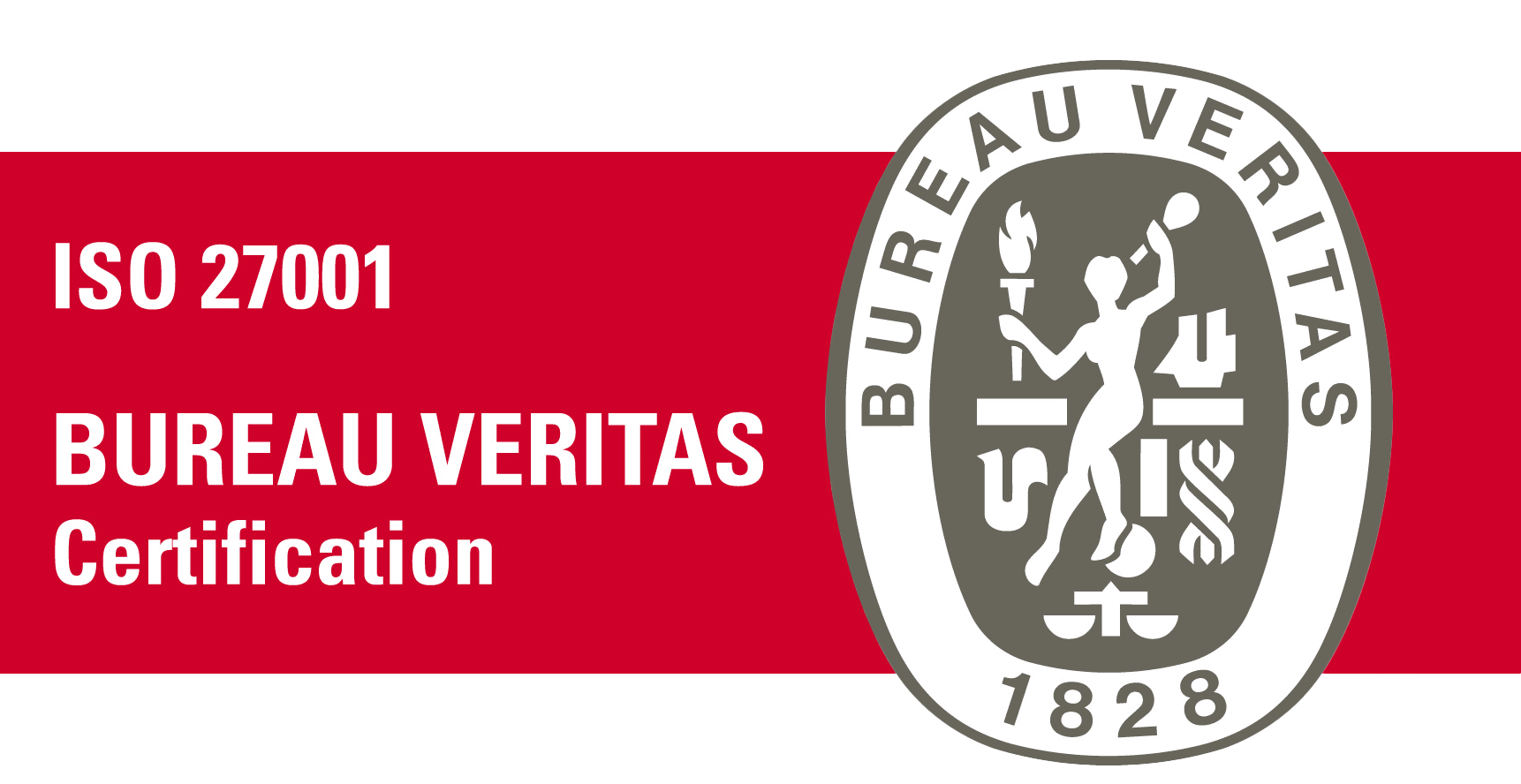Giving clinicians and patients the gift of time: How can we create capacity in overstretched services?

The changes to the GP contract in 2023/24 will challenge GP practices, PCNs and Federations to focus on getting the patient streamlining process and data management to a higher level. With the new access requirements, whereby patients, on first contact, should be offered an assessment of need or signposted to an appropriate service, practices will need a system solution to manage demand.
In healthcare, time is a precious commodity. Clinicians operating within overstretched services have to try and deliver a high quality service whilst contending with limited resources and time constraints. Unfortunately, it is patients who suffer the consequences of failing services. Given that primary care accounts for almost 90% of patient contact in NHS (1), it’s vital that the capacity of general practice is maximised. ‘If general practice fails, the NHS fails.’ (2) The COVID-19 pandemic rapidly accelerated the adoption of remote consulting. The traditional ten-minute treadmill of face-to-face GP appointments is not ‘safe for patients and make doctors unhappy’, leaving many considering early retirement. (3) The number of GPs is also falling with burnout, high work pressures and growing job dissatisfaction cited as driving factors for the exodus. It isn’t just the UK’s NHS that is experiencing these challenges, similar trends being seen in health systems around the world like Australia, New Zealand and Canada.
As demand continues to outpace the supply, there are several strategies that can be implemented to create more capacity within overstretched services to give everyone involved the gift of time.
Streamline processes using technology
The use of technology can reduce administrative burden faced by GP practices, helping to automate time-intensive tasks like triaging patients to the right support e.g. ordering tests or repeat prescriptions. By carefully thinking about the patient journey, workflows can be redesigned to eliminate unnecessary steps and improve efficiency. Innovative artificial intelligence (AI) technologies can enabling clinicians to make better informed decisions. By capturing 100% of the data available, through a combination of online and telephony modules, healthcare providers can plan their workforce and resources with confidence.
Klinik’s BI tool offers dual functionality. First and foremost, Klinik enables clinicians to take a more informed patient history for immediate decision making. The invaluable data and insights it generates helps GP practices and the wider healthcare system to make more informed decisions which streamline processes and help to redesign services thereby creating capacity.
Improving access to care
For many years the conventional wisdom was that increasing clinics would increase capacity, However with the 2019 introduction of ARRS roles, there is a significantly better way to increase capacity This may involve increasing the number of appointments or opening additional clinics to help reduce waiting times to see a GP. Opening clinics is costly, requires additional funding and additional staff at a time when there are huge staff shortages. However, the effective use of ARRS funding, which Klinik enables, is a significantly more cost effective approach. In addition, adopting technologies, such as telemedicine, remote monitoring and the use of mobile health applications such as the NHS App, can help to improve access to care.
The conversation around access is mainly focused on the time it takes to see a GP. Although speed of access is important, providers must ensure that patients with the greatest needs are being prioritised. In order to allocate appointments according to clinical need, primary care providers need to utilise efficient triage services. Klinik’s total triage system helped indicate priority and urgency of cases to practise staff at Priory Medical Group. Invaluable face-to-face GP appointments can then appropriately be allocated to those with greatest clinical need, providing more equitable access to care.
Maximising potential of workforce
Organisations face severe workforce shortages of GPs, practice nurses and administrative staff. Given the global shortage of healthcare professionals, efforts to recruit more GPs and allied healthcare professionals from abroad are not sustainable. In an effort to augment primary care offering, NHS England introduced the “additional roles reimbursement scheme”. This scheme allows GP networks to recruit additional staff such as physiotherapists, paramedics and pharmacists. Remote triage platforms, such as the Klinik total triage system, redirect cases to the appropriate healthcare professional straight away. This allows Primary Care Networks (PCNs) to maximise the potential of these additional roles, whilst shifting some tasks away from GPs to professionals better suited to support patients’ needs. Releasing time for GPs creates capacity for them to work at the top of their licence and focus on providing the highest quality of care to those who need it most and those with more complex problems. Promoting collaboration and integrated care avoids duplication of effort and ensures that patients receive the most appropriate care at the right time.
Prioritising prevention and early intervention
Focusing on prevention and early intervention can help reduce the burden of chronic diseases and prevent the need for hospitalisation and complex, expensive treatments down the line. This can involve educating patients on healthy lifestyle choices, inviting patients for screening programmes and providing early interventions to address health issues in high-risk individuals. By signposting patients to reliable healthcare information, GPs help to build patients’ knowledge and confidence empowering them to better look after themselves which ultimately reduces pressures on the system.
By implementing these solutions, primary care providers can become more efficient and deliver high quality care.
- https://www.kingsfund.org.uk/sites/default/files/field/field_related_document/gp-inquiry-report-evolving-role-nature-2mar11.pdf
- https://blogs.bmj.com/bmj/2021/05/14/if-general-practice-fails-the-nhs-fails/
- https://practicebusiness.co.uk/gp-warns-short-appointments-are-not-safe/








